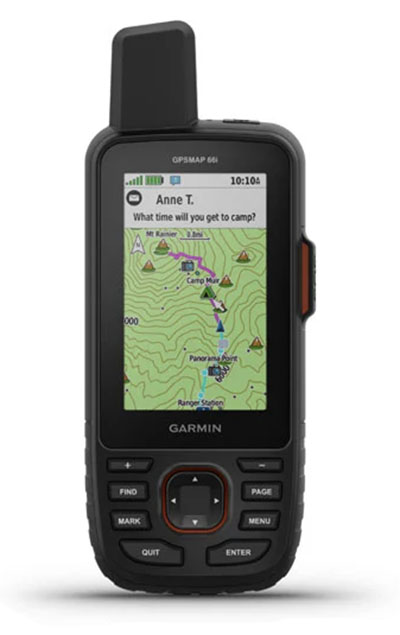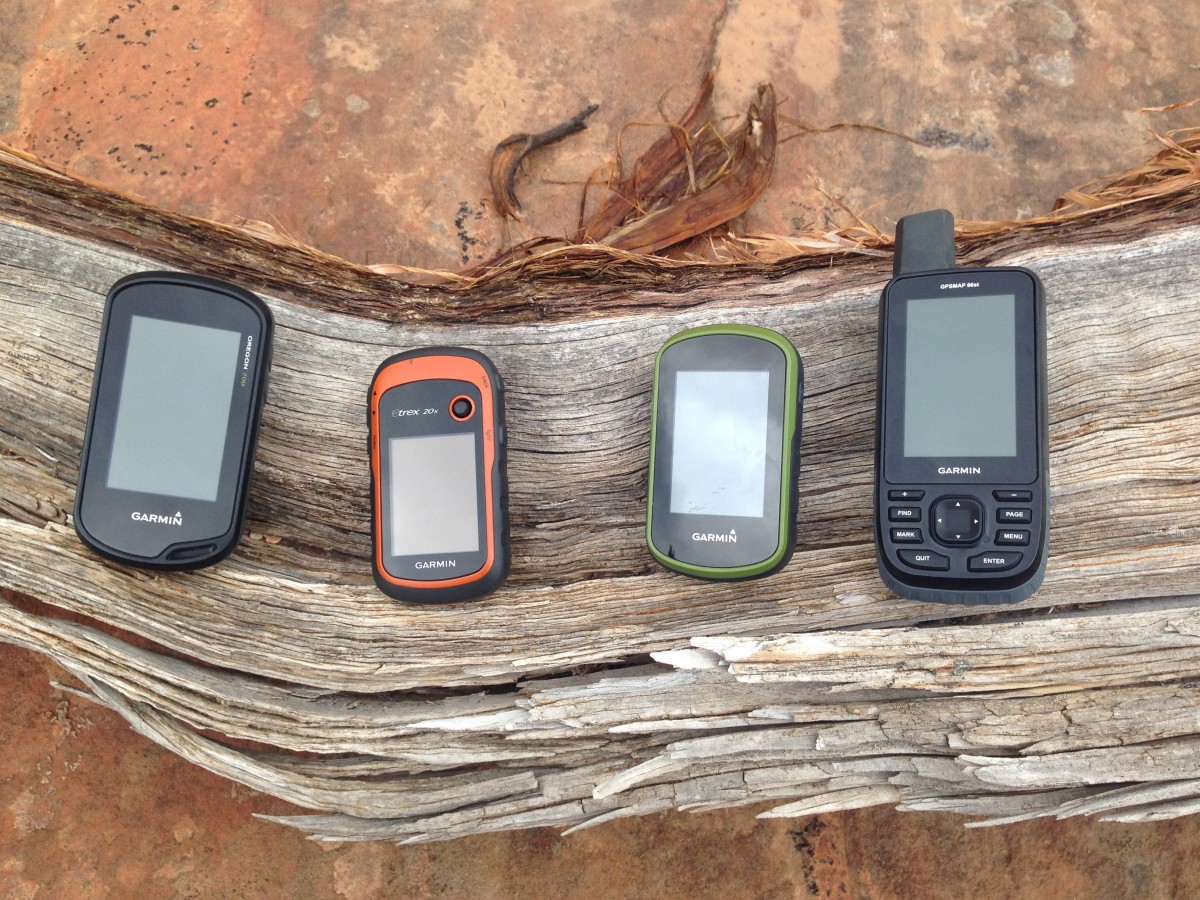There are a lot of different GPS devices on the market these days. Some people prefer the handheld GPS units, while others prefer to use a mobile app on their phone. So, which is better?
There are pros and cons to both handheld GPS units and mobile apps. With a handheld GPS unit, you don’t have to worry about your phone battery dying or losing service in an area with poor cell coverage. However, handheld GPS units can be expensive and they can be a bit bulky to carry around.
Mobile apps have the advantage of being less expensive and more convenient to use. You can also get turn-by-turn directions with most mobile apps, which can be very helpful if you’re unfamiliar with an area. However, you do need to have a charged phone and good cell reception for them to work properly.
So, which is better? It really depends on your needs and preferences. If you want something that’s more affordable and convenient to use, then a mobile app is probably your best bet.
But if you need something that’s more reliable and rugged, then a handheld GPS unit might be the way to go.
Contents
GPS apps VS GPS Unit
There are a few different things to consider when trying to decide whether a handheld GPS or mobile app is better for your needs. One thing to think about is how accurate you need the GPS to be. If you need very accurate GPS, then a handheld device is probably your best bet.
However, if accuracy is not as big of a concern, then a mobile app might be just fine. Another thing to consider is cost. Handheld devices can be quite expensive, while mobile apps are typically much less expensive (or even free).
Finally, think about convenience and ease of use. A handheld device can be difficult to carry around and keep track of, while a mobile app can be easily accessed on your phone.
Smartphone Vs Gps for Hiking
There are a lot of different things to consider when choosing whether to use your smartphone or a GPS device for hiking. Here are some pros and cons of each option:
Smartphone:
-Pros: You probably already have one with you, so you don’t need to carry an extra device. They can be more user-friendly than GPS devices. Many smartphones now have topographic maps available as apps.
-Cons: Smartphones can use a lot of battery power, so you may need to bring a charger or extra batteries. They can also be less accurate than GPS devices, and if you lose service you won’t be able to use them at all.
GPS Device:
-Pros: Can be more accurate than smartphones, especially in remote areas where there is no cell service. Some GPS devices allow you to download maps ahead of time so you can still use them even if you lose service.
-Cons: You have to carry an extra device with you, which can add weight and bulk to your pack.
They can also be more difficult to use than smartphones since they often require special software or apps.

Credit: www.switchbacktravel.com
Are Handheld Gps More Accurate Than Phone?
Yes, handheld GPS devices are more accurate than phones. Here’s why:
Handheld GPS devices use satellite signals to determine your location.
They then use triangulation to pinpoint your exact location. This process is more accurate than the one used by phones, which relies on cell towers and other nearby objects to calculate your location.
In addition, most handheld GPS devices come with built-in maps.
This means that they can provide you with turn-by-turn directions, even if you’re offline. And since they’re designed for navigation, they tend to be much easier to use than phone apps.
Is a Gps Better Than a Phone?
There are pros and cons to using a GPS system versus using a phone for navigation.
GPS systems are purpose-built for navigation, so they usually have better maps and more features than phones. They also tend to be more accurate, since their sole purpose is to track your location.
However, they can be expensive, and you need to keep them charged.
Phones are handy because most people already carry them with them everywhere they go. And thanks to apps like Google Maps, they can do a pretty good job at navigation too.
The main downside of using your phone for navigation is that it can drain your battery quickly – which can be a problem if you’re stranded in an unfamiliar place with no power outlet in sight.
So, which is better? It really depends on your needs and preferences.
If you want the best possible navigation experience (and don’t mind carrying another device), go with a GPS system. But if you want something that’s more convenient (and less expensive), use your phone.
Should I Use Cell Phone App Or Handheld Gps for Hiking?
There are pros and cons to using either a cell phone app or handheld GPS for hiking. Here are some things to consider before making your decision:
Cell Phone App:
-You can save money by using a free or low-cost app instead of purchasing a standalone GPS unit.
-Most cell phones have good battery life, so you won’t have to worry about your GPS running out of juice during your hike.
-A cell phone GPS can be just as accurate as a handheld unit, depending on the quality of the signal.
-If you’re using your cell phone for navigation, be sure to keep it in a waterproof case or bag to protect it from the elements.
Handheld GPS:
-A handheld GPS unit is purpose-built for outdoor use and can withstand more rugged conditions than a cell phone.
-GPS units usually have better battery life than cell phones, so you’ll likely get more use out of them on long hikes.
-Handheld units tend to be more accurate than cell phone apps, since they’re designed to work even in areas with poor cellular reception.
ultimately, the best decision is the one that works best for you and your needs.
If you want something lightweight and inexpensive, go with a cell phone app.
Is a Handheld Gps Worth Getting?
There are a lot of factors to consider when deciding if a handheld GPS is worth the investment. One important factor is how often you plan on using it. If you only need a GPS for occasional use, then a handheld unit might not be worth the cost.
Another factor to consider is the type of activities you’ll be using it for. If you need a GPS for backpacking or other outdoor activities, then a handheld unit might be worth the investment since they tend to have more features geared towards those activities. Other things to keep in mind include the battery life of the unit and whether or not it has any special features that you might find useful.
In general, handheld GPS units can be very helpful, especially if you do a lot of outdoor activities or travel in areas where cell phone service is spotty. They can help you stay on track and make sure you don’t get lost, which can be especially useful in unfamiliar territory. However, they also come with some downsides.
Handheld GPS units can be expensive, and their batteries don’t always last as long as we’d like them too. Plus, if you’re relying on a GPS for navigation, it’s important to remember that they aren’t always 100% accurate and should never be used as your sole source of navigation.
Conclusion
There are several factors to consider when deciding if a handheld GPS or a mobile app is the better option for you. One important factor is accuracy. Handheld GPS units tend to be more accurate than mobile apps, because they use satellite signals rather than relying on cell towers.
This can be especially important if you’re using your GPS unit for activities like geocaching or hiking in remote areas.
Another factor to consider is battery life. Handheld GPS units usually have much better battery life than mobile apps, since they don’t have to power a large display or constantly connect to the internet.
If you’re planning on using your GPS unit for long days of hiking or other outdoor activities, a handheld unit will likely be a better choice.
Finally, cost is another important consideration. Mobile apps are often free or very low-cost, while handheld GPS units can be quite expensive.
However, keep in mind that many high-end smartphones already come with built-in GPS functionality, so you may not need to purchase a separate app or device.

